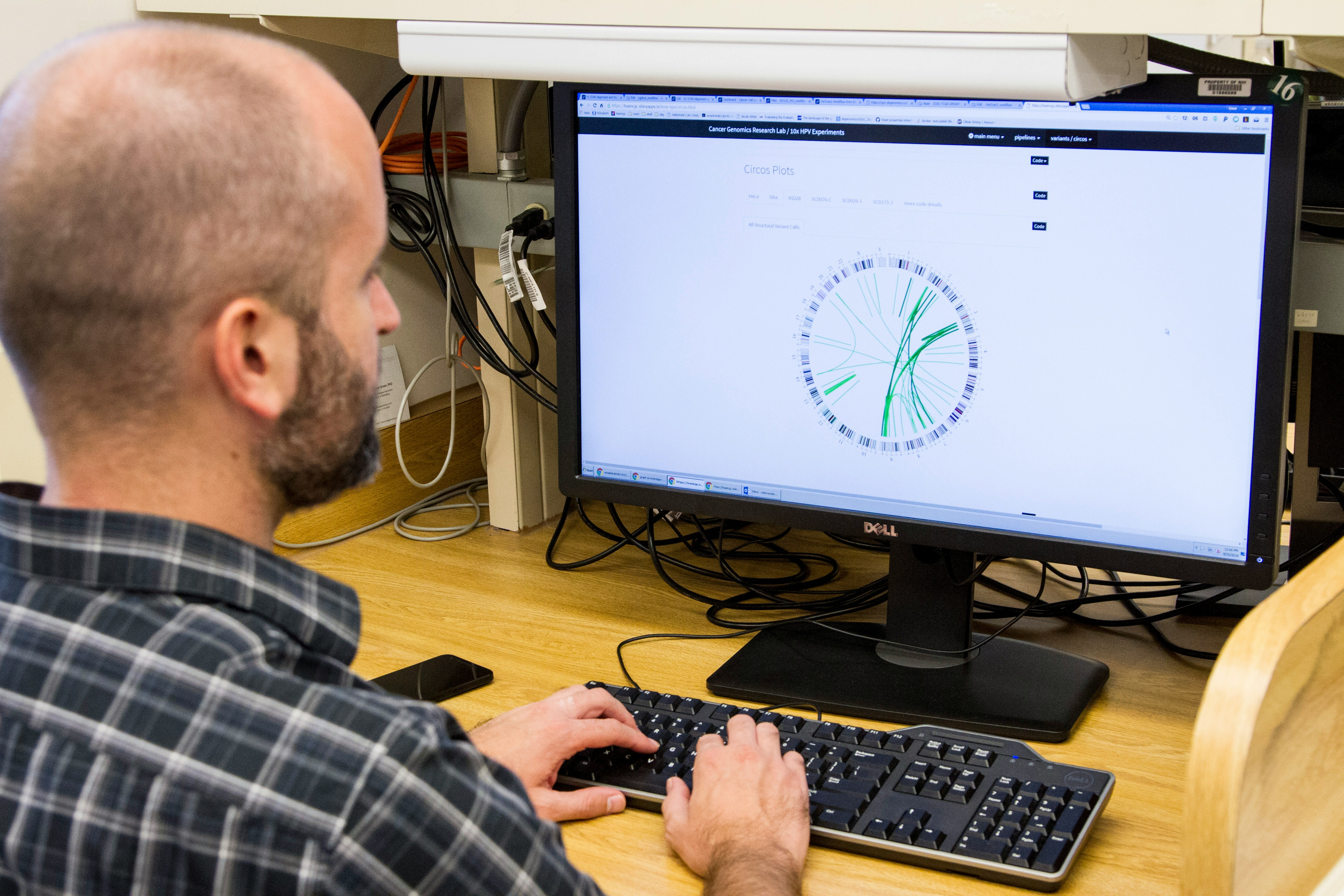Counseling
Breaking Barriers: Counseling in Diverse Communities - Embracing Cultural Competence
Explore the importance of culturally competent counseling in diverse communities. Learn strategies to break barriers and provide effective mental health services that honor the unique cultural identities of clients."
May 6, 2024
In the world of mental health, diversity is not just a buzzword; it's a crucial factor that significantly influences the effectiveness of counseling. When it comes to addressing mental health issues, one size does not fit all, and counselors must be adept at navigating the unique cultural, linguistic, and social contexts of their clients. In this blog post, we delve into the importance of breaking barriers in counseling within diverse communities and explore strategies to ensure culturally competent mental health services.
Understanding Diversity in Counseling
Diversity encompasses a wide spectrum of factors, including race, ethnicity, religion, gender identity, sexual orientation, socioeconomic status, and more. Each of these aspects contributes to an individual's identity and shapes their worldview, beliefs, and experiences. Recognizing and respecting these differences is fundamental to providing effective counseling services.
Challenges in Culturally Competent Counseling
One of the primary challenges in counseling diverse communities is the lack of cultural competence among mental health professionals. Cultural competence refers to the ability to understand, appreciate, and effectively work with individuals from diverse cultural backgrounds. Without this competency, counselors may inadvertently perpetuate stereotypes, misunderstand cultural norms, or overlook important contextual factors impacting their clients' lives.
Language barriers also pose a significant challenge, as effective communication is essential for building trust and rapport with clients. In communities where English is not the primary language, providing counseling services in the client's native language or utilizing qualified interpreters becomes imperative.
Strategies for Culturally Competent Counseling
To address these challenges and break down barriers in counseling, mental health professionals can implement several strategies:
Cultural Awareness and Education: Counselors should engage in ongoing cultural competency training to enhance their understanding of diverse cultures, traditions, and worldviews. This includes learning about cultural values, communication styles, and help-seeking behaviors prevalent in different communities.
Client-Centered Approach: Adopting a client-centered approach involves valuing the client's perspective, experiences, and preferences. Counselors should actively listen to their clients, validate their feelings, and collaborate with them to develop culturally appropriate treatment plans.
Collaboration with Community Resources: Building partnerships with community organizations, religious institutions, and cultural centers can facilitate access to mental health services for underserved populations. These collaborations help bridge the gap between mental health providers and the community, making counseling more accessible and culturally relevant.
Culturally Tailored Interventions: Implementing interventions sensitive to cultural beliefs and practices can enhance counseling's effectiveness. This may involve integrating traditional healing methods, incorporating cultural rituals, or adapting therapeutic techniques to align with the client's cultural background.
Language Access: Ensuring language access is critical for reaching non-English speaking communities. This may involve hiring bilingual counselors, providing interpreter services, or offering counseling materials in multiple languages.
Conclusion
Breaking barriers in counseling within diverse communities is not just about providing services; it's about fostering understanding, respect, and empowerment. By embracing cultural competence, adopting client-centered approaches, and leveraging community partnerships, mental health professionals can create inclusive spaces where individuals from all backgrounds feel valued and supported in their journey towards healing. As we continue to strive for equity and social justice in mental health care, let us remember that diversity is not a hindrance but a strength to be celebrated and embraced.
.


